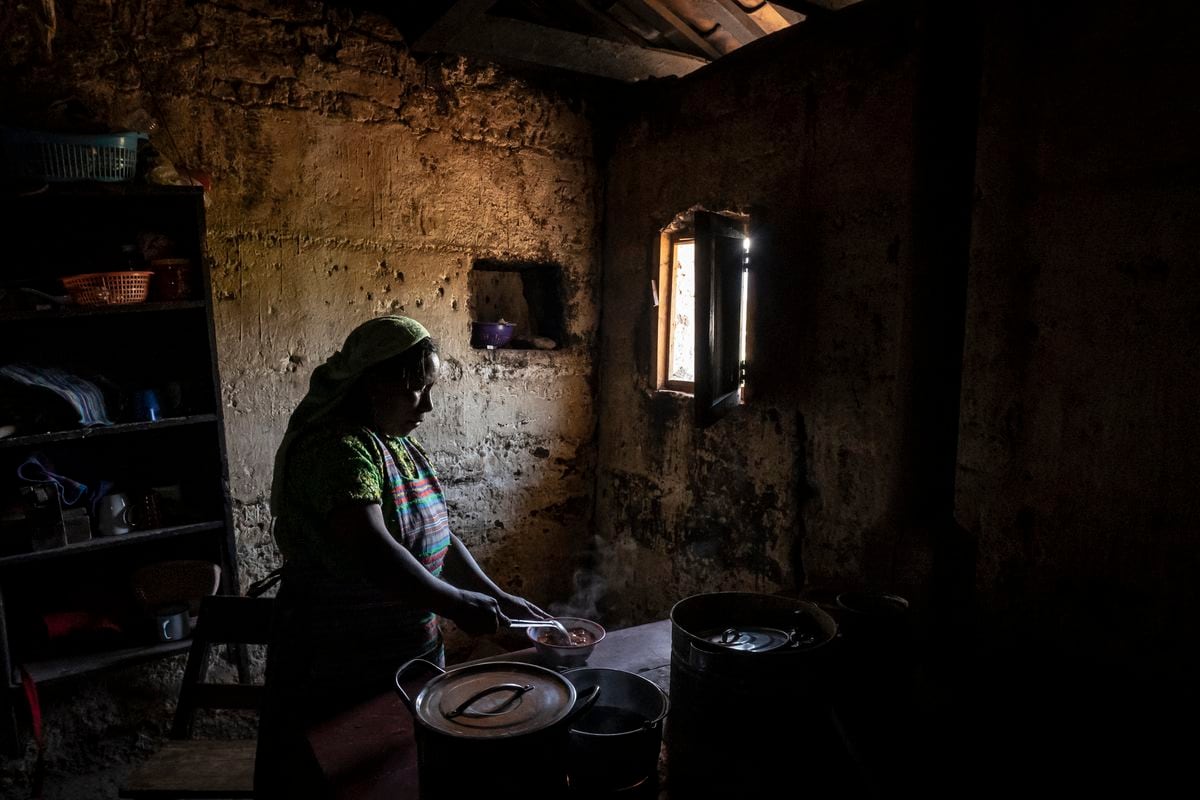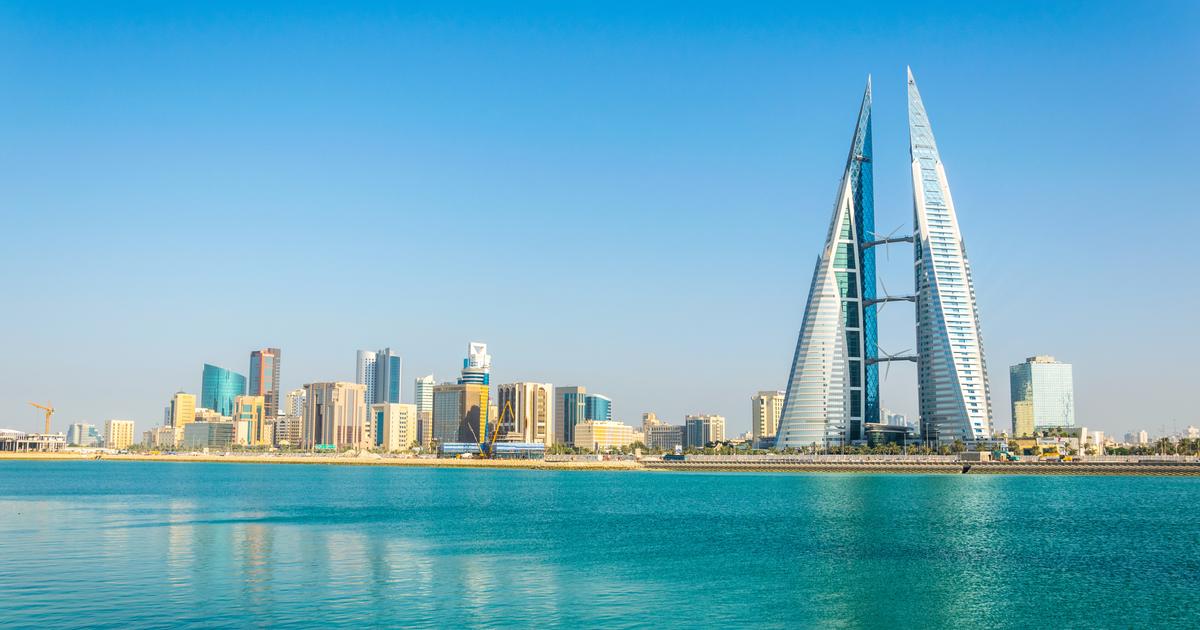- Click to share on Facebook (Opens in a new window)
- Click to share on Twitter (Opens in a new window)
- Click to share on LinkedIn (Opens in a new window)
- Click to email a friend (Opens in a new window)
IMF: Covid-19 effect is "worse" than financial crisis 5:34
(CNN Business) - A prolonged recession is the biggest concern for company executives, as the consequences of the coronavirus pandemic continue to spread. But there are many more things that keep them awake at night.
Executives, whose job is to identify risks, are also concerned about a related surge in bankruptcies, high levels of youth unemployment and the rise in cyber attacks stemming from a shift to remote work, according to a report by the World Economic Forum (WEF), Marsh & McLennan and Zurich Insurance Group.
- Debt relief to poorer countries, call the International Monetary Fund and the World Bank
The authors surveyed nearly 350 professionals who assess high risks for large companies worldwide. According to the report published on Tuesday, two thirds of the respondents mentioned a prolonged global recession as the "most worrying" risk facing their companies. The authors of the report also pointed to increased inequality, a weakening of commitments related to climate change and the misuse of technology as risks derived from the covid-19 pandemic.
The survey was conducted in the first two weeks of April.
- The IMF confirms that in 2020 we will experience the worst economic recession in 90 years
Policymakers around the world are now seeking to lift their economies out of coronavirus-induced crises, reopen businesses, schools and transportation, while limiting the risk of a second wave of infections that could force further closings.
The International Monetary Fund said last month that it expects global GDP to contract 3% in 2020, the deepest decline in the economy since the Great Depression of the 1930s.
"The covid-19 slowed economic activity, required billions of dollars in economic aid packages, and is likely to lead to structural changes in the world economy in the future, as countries plan for recovery and revival," the authors said. of the EMF report.
"An accumulation of debt is likely to burden government budgets and corporate balances for many years ... emerging economies are in danger of plunging into a deeper crisis, while companies may face ever-increasing consumption, production and competition patterns adverse, ”they added, noting the concerns of widespread bankruptcy and industry consolidation executives.
The IMF expects government debt in developed economies to rise to 122% of GDP this year from 105% in 2019. A weakening of fiscal positions in major economies was a concern for 40% of executives surveyed, and The report's authors suggest that spending today could lead to a new era of austerity or tax increases.
- The US unemployment rate for Hispanics reached a record of 18.9%
When asked about their top concerns for the world, respondents mentioned high levels of structural unemployment, especially among youth, and another global outbreak of covid-19 or a different infectious disease.
"The pandemic will have lasting effects, as high unemployment affects consumer confidence, inequality and well-being, and challenges the effectiveness of social protection systems," said Peter Giger, Zurich chief risk officer in a statement.
"With significant pressures on employment and education (more than 1.6 billion students have left schools during the pandemic), we face the risk of another lost generation. The decisions made now will determine how these risks or opportunities develop, "he added.
Although the solidarity created by the coronavirus pandemic offers the possibility of “building more cohesive, inclusive and egalitarian societies,” according to the report's authors, social instability stemming from increasing inequality and unemployment is an emerging risk facing global economies.
"The rise in remote work for highly skilled workers is likely to create even more imbalances in the labor market and an ever-increasing premium for those with more mobile skills," they said.
There is already evidence showing that low-income and migrant workers are being the most affected by the economic consequences of the closure measures.
The report also finds that progress on environmental commitments could halt. While new work practices and attitudes toward travel may make it easier to ensure less carbon recovery, "omitting sustainability criteria in recovery efforts or returning to an emissions-intensive global economy" may hamper the transition to cleaner energy, the authors said.
They warn that increased reliance on technology and the rapid deployment of new solutions, such as contact tracing, could "challenge the relationship between technology and governance," with lasting effects on society from mistrust or misuse.
Economic recession








